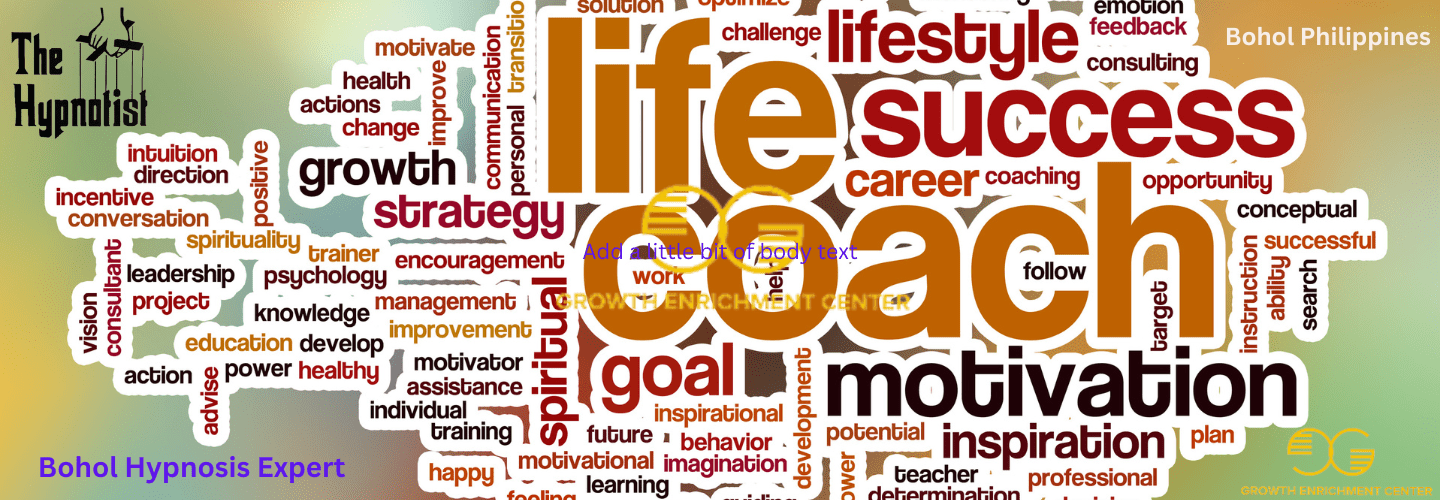
Conquering FOMO, or the Fear of Missing Out, can be effectively addressed using Hypnosis, Emotional Freedom Techniques (EFT), and Neuro-Linguistic Programming (NLP). Hypnosis helps to reprogram the mind for positive thinking, while EFT taps into body meridians to relieve emotional stress. NLP shifts perspectives, reducing the pain of missing out by reframing experiences. These therapies collectively foster resilience and a healthier mental attitude toward social participation. Exploring these methods further can lead to profound changes in how one experiences social opportunities.
Key Takeaways
- Hypnosis reduces FOMO by reframing subconscious beliefs and fostering a long-term positive perspective on social engagements.
- EFT tackles FOMO anxiety by combining meridian tapping with emotional acknowledgment, enhancing emotional control.
- NLP strategies reframe missed opportunities, shifting focus from inadequacy to proactive choice, and building emotional resilience.
- Continuous practice of EFT and NLP techniques creates sustainable emotional management and reduces sensitivity to FOMO triggers.
- Incorporating daily practices like mindfulness and gratitude journaling complements these techniques, promoting overall mental well-being and reducing feelings of missing out.
Understanding the Psychology Behind FOMO
While it may seem like a simple case of envy, the psychology behind the fear of missing out (FOMO) is complex and deeply rooted in basic human needs for social inclusion and self-esteem.
FOMO triggers often stem from social comparison, magnified by social media platforms where curated lives present an illusion of constant engagement and fulfillment.
This comparison can create a relentless cycle of self-evaluation against others' highlight reels. The resultant feeling of falling short not only impacts mental health but also perpetuates the cycle, as individuals endeavor harder to not feel left out, exacerbating the anxiety associated with FOMO.
Exploring Hypnosis Techniques for FOMO Relief
Exploring hypnosis techniques for FOMO relief offers a transformative approach to managing the pervasive anxiety associated with the fear of missing out.
By employing hypnotic relaxation techniques, individuals are guided into a deeply relaxed state, making their subconscious more receptive to new, positive suggestions.
This process includes subconscious belief reframing, where limiting beliefs that fuel FOMO are identified and transformed into empowering thoughts.
Such techniques not only alleviate immediate anxiety but also foster long-term changes in how individuals perceive and react to potential opportunities, thereby promoting a healthier, more balanced perspective on social participation and personal fulfillment.
How EFT Can Help You Manage FOMO

Building on the foundation of hypnosis for managing FOMO, Emotional Freedom Techniques (EFT) offer another compelling strategy in the toolkit for addressing the anxiety stemming from the fear of missing out. EFT techniques focus on tapping specific meridian points, which facilitates an emotional release pivotal in alleviating feelings of inadequacy and anxiety. The process acknowledges and actively processes FOMO emotions, enabling individuals to refocus and regain emotional control.
| Technique | Benefit |
|---|---|
| Meridian Tapping | Reduces anxiety |
| Emotional Acknowledgment | Facilitates acceptance |
| Refocusing | Enhances emotional control |
Consistent practice of EFT can empower individuals, providing tools to manage emotional triggers effectively.
NLP Strategies to Combat Fear of Missing Out
Neuro-Linguistic Programming (NLP) offers several effective strategies for addressing the pervasive issue of Fear of Missing Out (FOMO).
By employing NLP reframing techniques, individuals learn to shift their perspective on missed opportunities, viewing them as gateways to alternative choices rather than losses. This cognitive restructuring fosters emotional resilience, empowering people to detach from the anxiety of comparison and embrace their unique paths.
Building emotional resilience is essential, as it equips individuals with the tools to handle feelings of inadequacy and unfulfillment proactively.
Through NLP, one cultivates a healthier, more balanced emotional response to social pressures and perceived exclusions.
Integrating Hypnosis, EFT, and NLP for Comprehensive FOMO Management

While each therapeutic approach—hypnosis, Emotional Freedom Techniques (EFT), and Neuro-Linguistic Programming (NLP)—offers unique benefits for managing Fear of Missing Out (FOMO), integrating these modalities can provide a more thorough solution.
Here's how combining these techniques enhances emotional resilience and addresses FOMO triggers:
- Holistic Healing: Enhances deep emotional healing by addressing subconscious beliefs, emotional stress points, and cognitive frameworks collectively.
- Sustained Resilience: Builds long-term emotional resilience by reinforcing positive coping mechanisms through varied therapeutic touchpoints.
- Comprehensive Reconditioning: Offers a multi-faceted approach to recondition responses to FOMO triggers, promoting a healthier emotional and psychological outlook.
Daily Practices to Reduce FOMO and Enhance Well-being
Daily practices play a pivotal role in reducing the pervasive sense of FOMO and enhancing overall well-being. Incorporating mindfulness meditation and gratitude journaling into one's routine fosters a shift from external validation to internal peace. These practices not only decrease anxiety but also enhance self-awareness and appreciation for the present moment.
| Time of Day | Practice | Expected Benefit |
|---|---|---|
| Morning | Mindfulness Meditation | Centers the mind, reduces anxiety |
| Afternoon | Gratitude Journaling | Increases positivity, appreciation |
| Evening | Reflective Meditation | Enhances self-awareness, peace |
These structured activities encourage individuals to cultivate a healthier mental landscape, focusing on what truly enriches their lives.
Steps to Begin Your Journey Towards Overcoming FOMO

Building on the foundation of daily practices, individuals seeking to combat FOMO can further their progress by adopting specific steps that guide them through a transformative journey.
Here are three pivotal steps:
- Engage in Mindful Journaling: Daily entries foster self-awareness and gratitude, shifting focus from what's missing to the abundance present in one's life.
- Initiate a Social Media Detox: Temporarily disconnecting reduces the bombardment of stimuli that fuels comparison and anxiety.
- Set Clear Personal Goals: Defining what truly matters individually helps in aligning actions and reducing distractions from irrelevant opportunities.
These steps empower individuals to reclaim their emotional equilibrium and enhance life satisfaction.
Frequently Asked Questions
Can Children Also Benefit From These FOMO Management Techniques?
Children can benefit from tailored coping strategies for managing childhood anxiety related to FOMO. Techniques adapted to their developmental level enhance resilience, emotional regulation, and provide them with effective tools for handling social pressures.
Are There Any Side Effects Associated With Combining These Therapies?
Combining therapies raises concerns about therapy interactions and safety considerations, but typically, side effects are minimal if conducted under professional guidance. Users should monitor for emotional discomfort or conflicting therapeutic messages.
How Quickly Can One See Results From These FOMO Treatments?
Results from treatments addressing FOMO may vary. Some individuals might notice immediate feedback, while others experience long-term benefits gradually. Success depends on personal engagement and consistency in applying therapeutic techniques.
Do These Techniques Help With Other Forms of Anxiety or Phobias?
These techniques, including hypnosis, EFT, and NLP, extend beyond FOMO, aiding in anxiety reduction and phobia management by reshaping thought patterns, fostering emotional resilience, and promoting a balanced perspective on triggers and stressors.
What if I Feel Worse After Starting These FOMO Therapies?
If one feels worse after starting therapy, it may indicate misaligned therapy expectations or intense emotional reactions. Consulting a professional can help adjust the approach or explore alternative therapies that better suit the individual's needs.
Conclusion
To sum up, the integration of hypnosis, EFT, and NLP presents a multifaceted approach to addressing the pervasive issue of FOMO. By tapping into the subconscious, regulating emotional responses, and restructuring thought patterns, these techniques offer an extensive roadmap towards emotional resilience. As individuals embrace these practices, they cultivate a deeper sense of presence and satisfaction, ultimately enriching their lives. This holistic strategy not only mitigates the anxiety associated with FOMO but fosters a sustained contentment in an ever-connected world.





